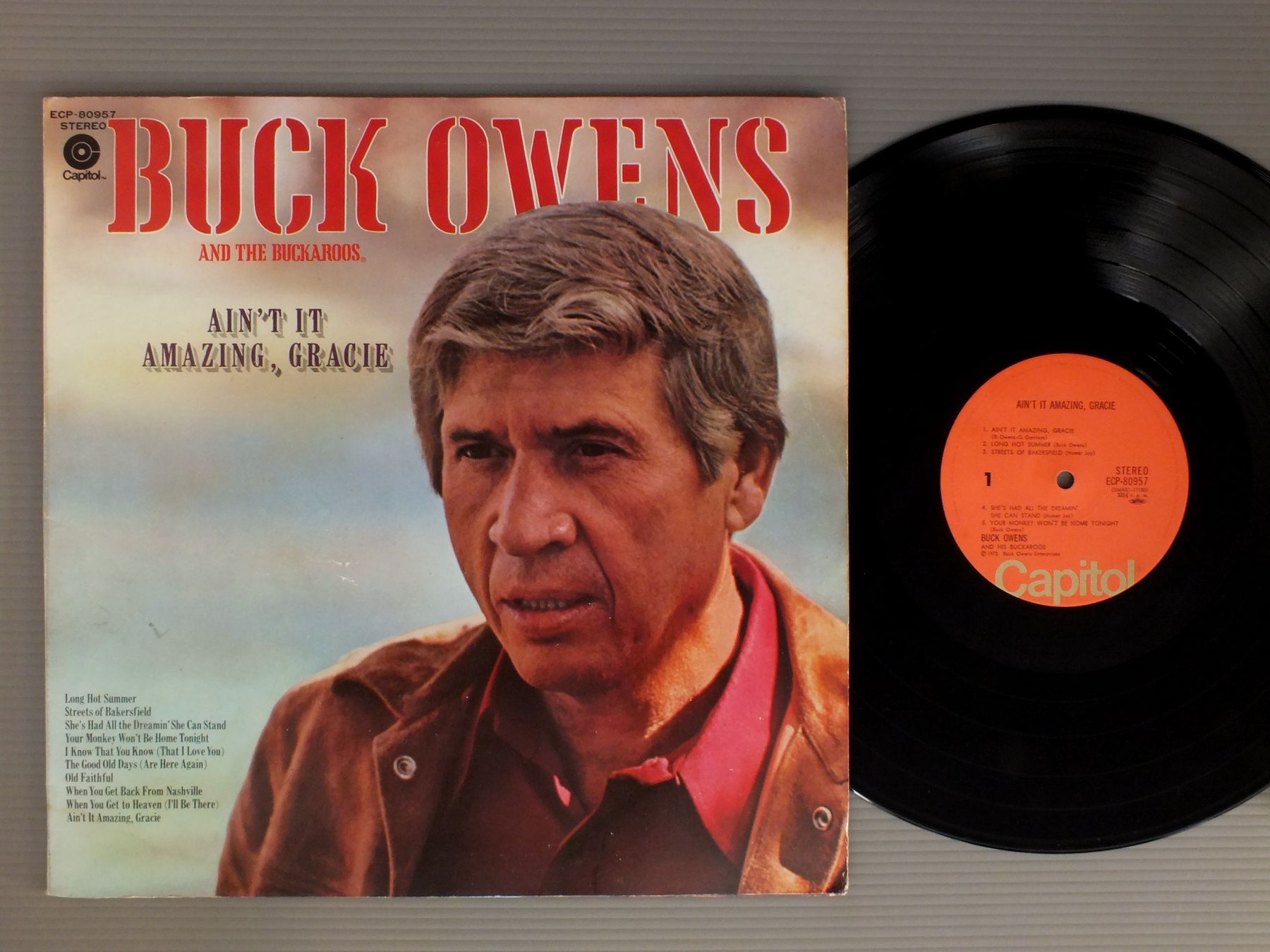
Longing Wrapped in Laughter: The Hidden Ache Beneath a Honky-Tonk Smile
Released in 1968, “Sweet Rosie Jones” found its place as a poignant centerpiece on the album of the same name by Buck Owens, the architect of the Bakersfield Sound and a dominant figure in country music throughout the 1960s. Though not his most commercially towering hit, the song held its own, climbing into the Top 10 of Billboard’s Hot Country Singles chart—a testament to Owens’ unmatched ability to fuse honky-tonk swagger with emotional gravity. Nestled within the Sweet Rosie Jones album, the track exemplifies Owens’ uncanny gift for storytelling, his twangy Telecaster providing both a rhythm and a restraint that allows his sorrow to shimmer just beneath the surface.
At first listen, “Sweet Rosie Jones” presents itself as another tear-soaked entry in country’s long history of love and betrayal—yet to dismiss it as such would be to overlook its haunting nuance. The song unfolds like a confessional whispered over a bourbon-soaked bar top: deceptively simple, devastatingly honest. The narrator’s voice—etched with regret and confusion—recounts the story of Rosie, a woman who once loved him, then drifted away, ultimately to return in name only. There’s no clear act of treachery here, no villain drawn in bold lines. Instead, there is that far more insidious enemy: time, and all it steals from those who linger too long in their pride.
Owens was no stranger to masking melancholy with melody. His genius lay in layering sorrow beneath an uptempo arrangement, allowing listeners to dance through their heartaches. On “Sweet Rosie Jones,” this tension reaches a sublime peak. The instrumentation is classic Bakersfield—sharp guitar licks punched through with crisp drumming—but the emotional undercurrent is pure gothic tragedy. Rosie becomes more than a woman; she becomes an emblem of irrevocable loss, of love tasted too late and never quite understood.
Lyrically, Owens crafts an emotional ambiguity rare for its time. The narrator doesn’t condemn Rosie outright; he mourns her absence while simultaneously recognizing that some part of her may have always been unreachable. “I guess I should thank you for giving back my name,” he sings—not with anger, but with aching finality. It is a line that encapsulates what Owens did best: distilling complex emotional truths into compact verses that resonate across decades.
There is a unique alchemy at work in “Sweet Rosie Jones”—a quiet devastation cloaked in country charm. For those willing to listen beyond its rhythmic gallop lies a meditation on memory, identity, and the strange aftertaste of loving someone who may never have fully belonged to you. In Owens’ trembling voice and economical poetry, we hear not just the lament of one man, but the universal cry of anyone who has watched something beautiful slip between their fingers without ever fully understanding why.